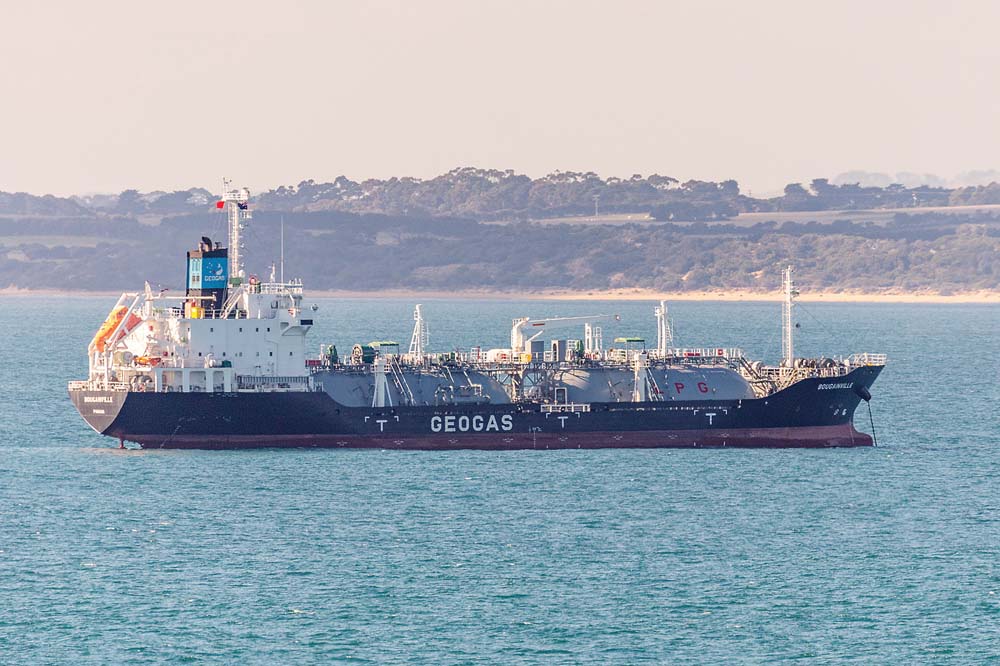
INTERACTION between crews aboard overseas ships using the Port of Hastings and onshore workers are being kept to a minimum, but there is no physical barrier to crews coming ashore.
The Victorian Regional Channels Authority says it has been assessing the potential impacts of COVID-19 since travel restrictions were placed on the movement of people from mainland-China in early February 2020.
Hastings and other Australian are subjected to COVID-19 Australian Border Force protocols, but do not have ABF officers on duty at all times.
Key trades at the Port of Hastings include the import and export of oil, liquid petroleum gas (LPG), steel and unleaded petrol (ULP).
Overseas ships listed as arriving in Western Port between 1 and 8 April are the LPG carriers Victoire from the Port of Vuda, Fiji and the Arago, from New Zealand. The Victoire’s next port of call is Baie de Prony in New Caledonia.
The trip from Fiji takes about seven days and Zealand three.
The authority’s CEO Peter Mannion said it was now rare for overseas crew members to come ashore in Western Port and none were permitted unless they had had spent at least 14 days on board since leaving their last foreign port.
Vessels from four “no-go” countries – Italy, South Korea, Iran and China – could not berth until after 14 days of their arrival in port.
Overseas ships arriving in Western Port were mostly Pacific island gas tankers.
Mr Mannion said information about individual crew members was relayed to Australian authorities electronically and included their nationality and the last five ports they had visited.
“There’s no mucking about; it’s quite a detailed process,” Mr Mannion said. “‘It’s been like that for many years now, since the [New York terrorist attacks on the] Twin Towers, which triggered heightened international concerns about security.
He said crew members “have been very, very good at so far” when making declarations required by the ABF about their health and time of isolation.
There was no rule against crew members disembarking, but the rules of self-distancing and not gathering in groups of more than two applied.
If crew members did come ashore it was mainly to get supplies or seek medical attention.
“It’s my experience that they’re not doing that anymore,” Mr Mannion said. “They’re not living in a vacuum and some would be worried about what’s happening [with the COVID-19 pandemic] in their own countries.”
Although there are no Border Force officers physically checking crew movements, Mr Mannion said stevedoring groups were “very vigilant”.
“They put their hands up if they see anything they don’t like. It’s not widely policed, but most ports have to be fenced and there is some sort of security process,” Mr Mannion said.
“There has only been one recorded case of a crew member [on cargo ship or tanker] testing positive, and that was in Singapore or Asia somewhere.
“The idea of [crews] being a risk is well overblown. It can be more of a risk for them to go ashore into affected areas, and that’s why a lot of them do not come ashore.
“It’s not easy for them and they worry about what’s happening back in their homes.
Mr Mannion said the ABF regulations were “very tightly managed”.
“We’re trying to get the message out that a lot is being done to ensure ships are clean.
“The ships need to keep coming and we badly need their cargoes.”
First published in the Southern Peninsula News – 7 April 2020



